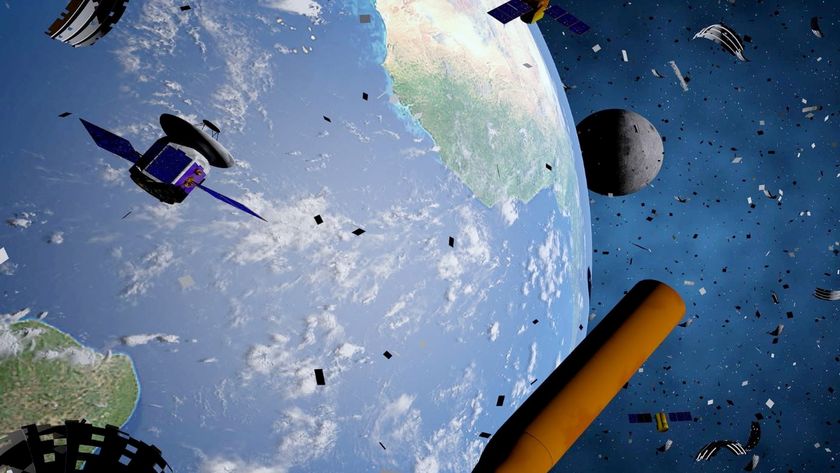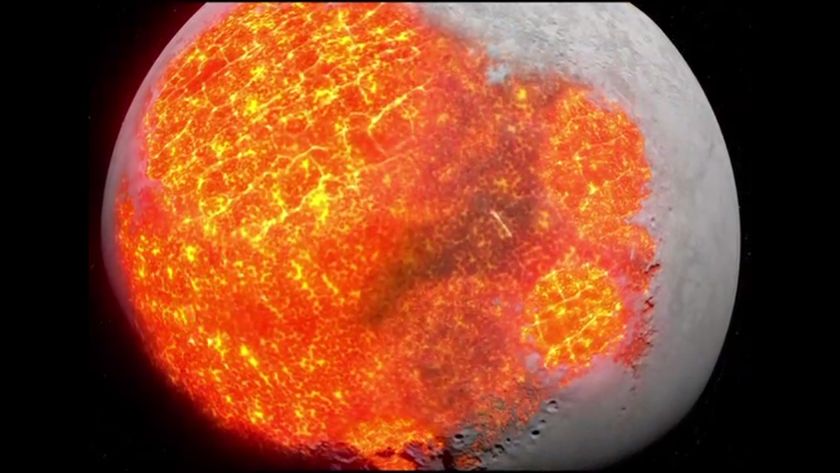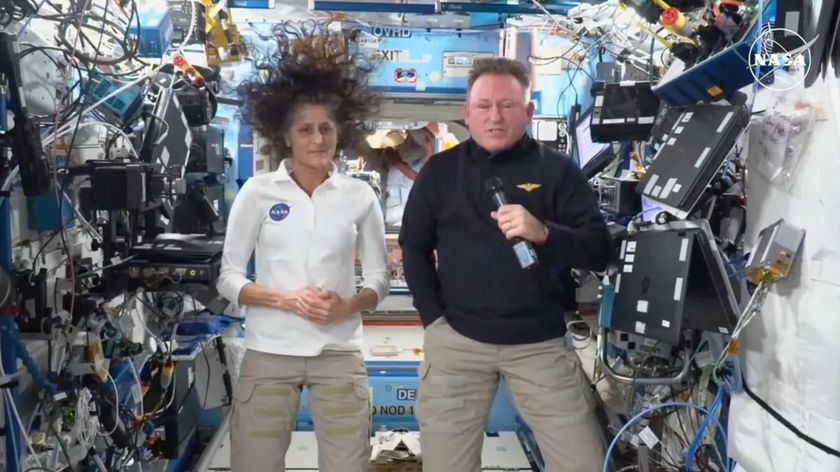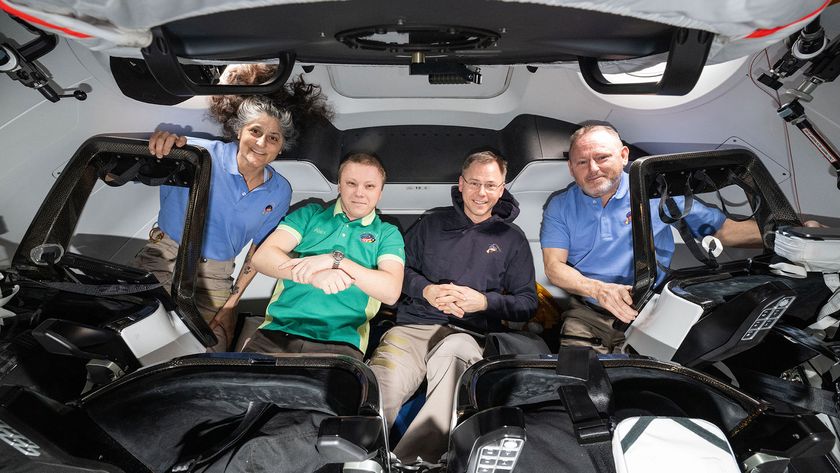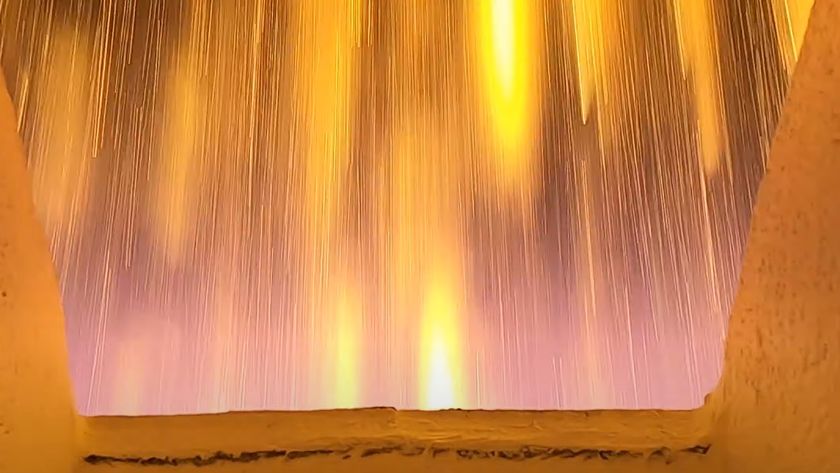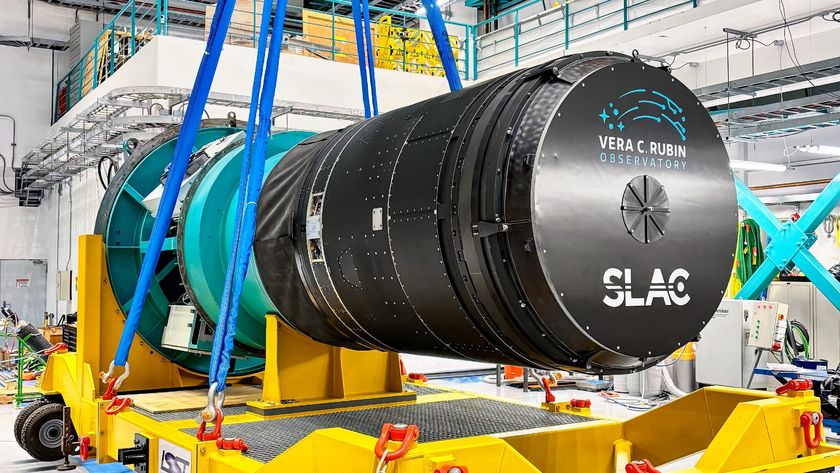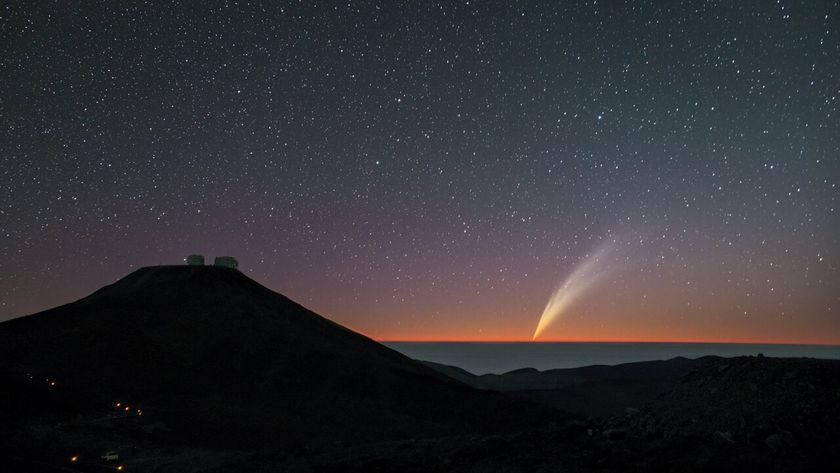Atlas V to Launch Mars 2020 Rover
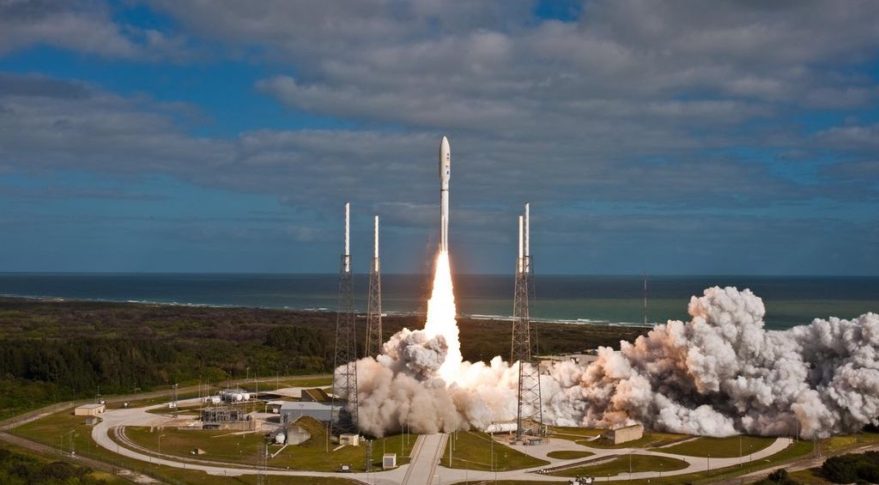
SANTA FE, N.M. — NASA's next Mars rover will fly on the same version of the launch vehicle that launched its predecessor, NASA announced Aug. 25.
NASA awarded a contract to United Launch Alliance for the July 2020 launch of the Mars 2020 rover on an Atlas V 541. The total value of the contract, including payload processing and related services, is $243 million.
Mars 2020 is based on the Mars Science Laboratory mission, which landed the Curiosity rover on the surface of Mars in August 2012. That mission also launched on an Atlas V 541 under a contract awarded to Lockheed Martin, one of the parent companies of ULA, in June 2006 for $195 million, or approximately $232 million in current-year dollars.
The selection of the Atlas V is not surprising, given both the similarities between Mars 2020 and Mars Science Laboratory and the limited launch options available for such spacecraft. Only the Atlas V is certified by NASA to launch payloads carrying radioisotope thermoelectric generators, a nuclear power source that the Mars 2020 rover, like Curiosity, uses.
A NASA official also inadvertently identified the choice of launch vehicle for Mars 2020 a month earlier. "It'll be the Atlas V carrying Mars 2020 to Mars," said Jim Green, director of NASA's planetary science division, at a July 25 meeting of the NASA Advisory Council's science committee. Green corrected himself later in the meeting and said no vehicle had been selected yet for the mission.
Originally published on SpaceNews.
Get the Space.com Newsletter
Breaking space news, the latest updates on rocket launches, skywatching events and more!
Join our Space Forums to keep talking space on the latest missions, night sky and more! And if you have a news tip, correction or comment, let us know at: community@space.com.

Jeff Foust is a Senior Staff Writer at SpaceNews, a space industry news magazine and website, where he writes about space policy, commercial spaceflight and other aerospace industry topics. Jeff has a Ph.D. in planetary sciences from the Massachusetts Institute of Technology and earned a bachelor's degree in geophysics and planetary science from the California Institute of Technology. You can see Jeff's latest projects by following him on Twitter.

